All of my new rose bushes died
avian
10 years ago
Related Stories
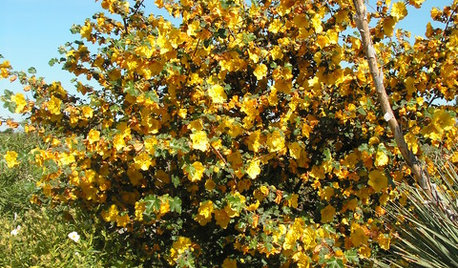
GARDENING GUIDESGreat Native Plant: California Flannel Bush
Forget watering once this bush is established. But the yellow burst in spring and summer, you'll remember
Full Story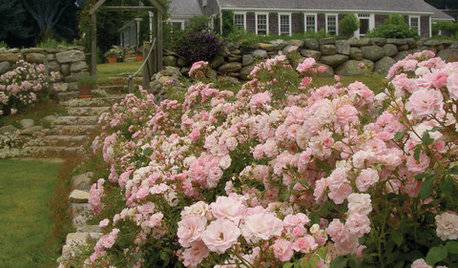
GARDENING AND LANDSCAPINGReimagine the Rose Garden
No need for boxlike bushes. Modern roses are breathtakingly beautiful mixed casually and with less formal shapes in the landscape
Full Story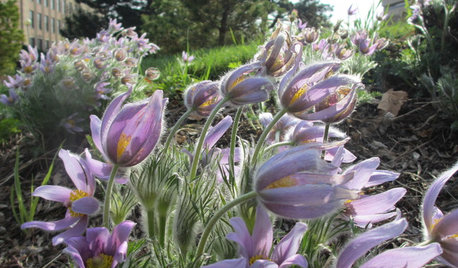
GARDENING GUIDES6 Plants That Beat Butterfly Bush for the Wildlife Draw
It's invasive, a nonnative and a poor insect magnet. Check out these better alternatives to butterfly bush in the garden
Full Story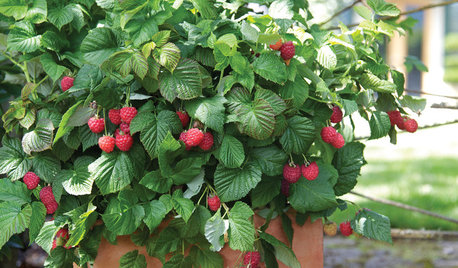
CONTAINER GARDENSPatio-Perfect Berry Bushes Like You’ve Never Seen
Small enough for pots but offering abundant fruit, these remarkable bred berries are a boon for gardeners short on space
Full Story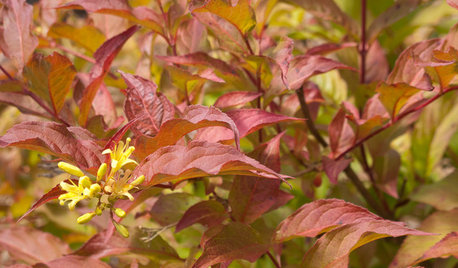
GARDENING GUIDESGreat Design Plant: Northern Bush Honeysuckle, a Bronze Beauty
It helps control erosion and takes sun or shade. The butterflies love it. But the best part of this shrub may be the vivid foliage
Full Story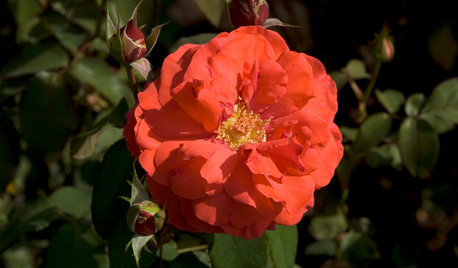
GARDENING GUIDES6 Captivating Roses for an Alluringly Fragrant Garden
Perfume your garden with aromas from richly spicy to lightly sweet, without sacrificing an inch of color
Full Story
GARDENING GUIDESNew Ways to Think About All That Mulch in the Garden
Before you go making a mountain out of a mulch hill, learn the facts about what your plants and soil really want
Full Story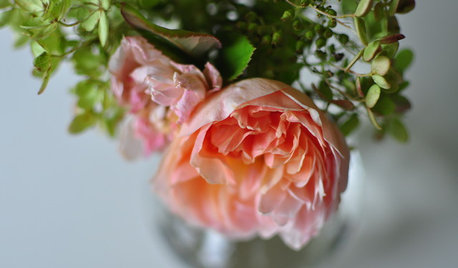
GARDENING GUIDESRoses: Crowning Touch of Gardens
Whether you're the Miss or Mister America of gardening or take a hands-off approach, roses can be a winning addition to your landscape
Full Story
WINTER GARDENINGPruning Secrets for Exquisite Roses
Encourage gorgeous blooms year after year with this time-tested advice on how to prune your rosebush in winter for health and shape
Full Story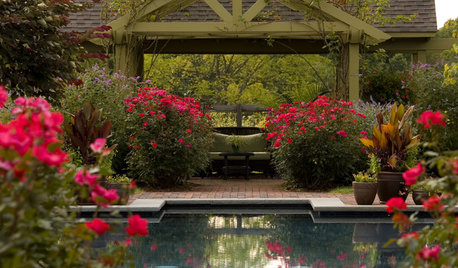
SPRING GARDENINGHow to Grow a Rose Garden in Pots
Everything can come up roses, even without a plot of soil in sight. This step-by-step guide to growing roses in containers shows you how
Full Story







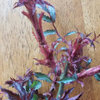
bluegirl_gw
henryinct
Related Professionals
Piqua Landscape Architects & Landscape Designers · Mooresville Landscape Contractors · Westwood Landscape Contractors · El Sobrante Landscape Contractors · Framingham Landscape Contractors · Golden Landscape Contractors · Hawthorne Landscape Contractors · Lynn Landscape Contractors · Methuen Landscape Contractors · Ridgewood Landscape Contractors · Rockwall Landscape Contractors · Wallingford Landscape Contractors · Four Corners Landscape Contractors · Lauderdale Lakes Landscape Contractors · Shenandoah Landscape Contractorsroseseek
roseseek
avianOriginal Author
bluegirl_gw
henryinct
AnneCecilia z5 MI
brody36
avianOriginal Author
roseseek